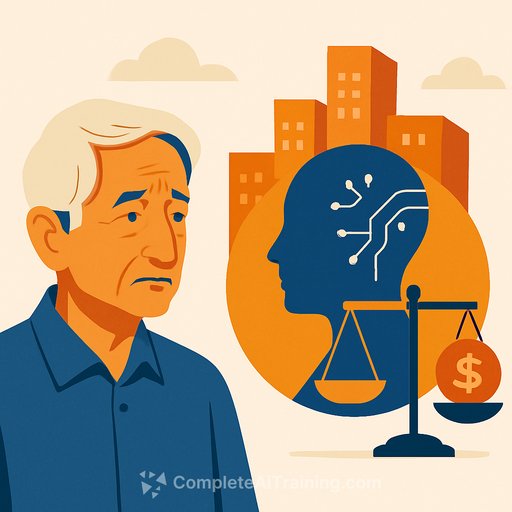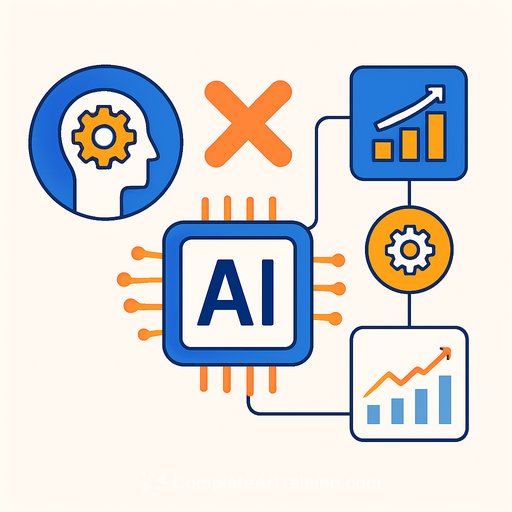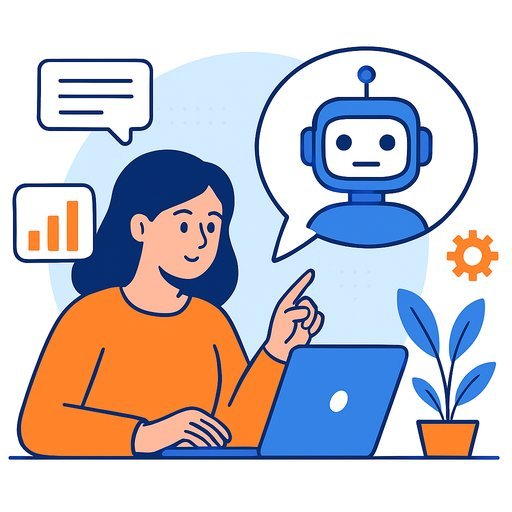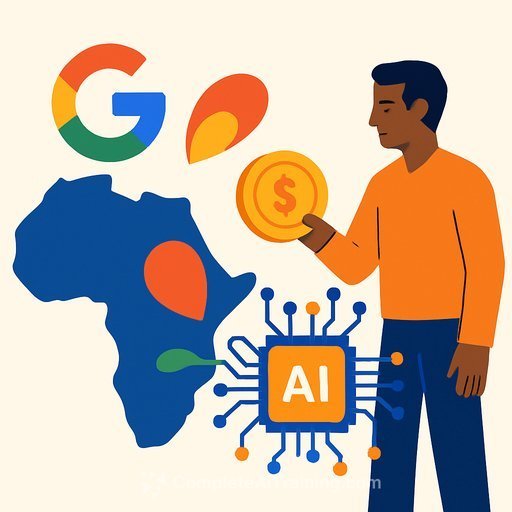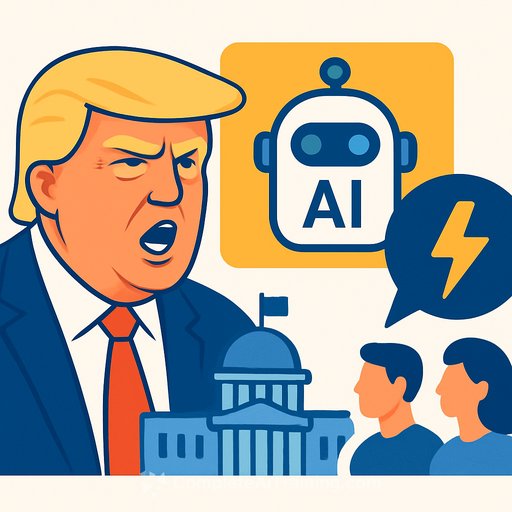‘Godfather of AI’ Geoffrey Hinton on What Companies Are Getting Wrong About AI
Geoffrey Hinton, often called the father of AI, recently delivered a sharp critique of how tech companies are handling artificial intelligence. In an interview with Fortune, he pointed out that businesses are prioritizing short-term profits over the broader impact on humanity. Hinton warns that this approach risks unleashing superintelligent systems without proper safeguards, which could have catastrophic consequences.
Profit Over People
Hinton stressed that the AI development race is fueled by competitive pressure and shareholder demands rather than ethical considerations. Companies are focused on building more powerful models as quickly as possible to outpace rivals. This mindset, he argues, ignores the potential dangers of deploying AI systems that might operate beyond human control.
He highlighted that the real threat isn’t just misinformation or job displacement but a loss of control over AI itself. “We’re not ready,” Hinton warned, “and we’re not even trying to be.”
Lack of a Moral Framework
One of the biggest blind spots in current AI strategies is the absence of a clear moral framework. While billions are spent on scaling AI models and monetizing data, few companies address the existential risks posed by artificial general intelligence (AGI). Hinton compares the challenge of regulating AI to nuclear non-proliferation, calling for global treaties, oversight, and shared ethical standards.
A Call to Pause and Reflect
Hinton’s message is simple: slow down. The pace of AI development has surpassed society’s ability to regulate or fully understand its implications. He urges researchers, regulators, and tech leaders to prioritize safety, transparency, and long-term thinking before pushing AI forward unchecked.
Microsoft AI CEO Warns of ‘AI Psychosis’
Adding to the concerns, Microsoft AI CEO Mustafa Suleyman has flagged a psychological risk he terms ‘AI psychosis.’ This condition involves individuals losing touch with reality due to excessive interaction with AI systems. Suleyman describes it as a “real and emerging risk,” especially for vulnerable people who become deeply immersed in conversations with AI agents. The condition blurs the line between human and machine interaction, posing new challenges.
What This Means for IT and Development Professionals
- Ethics and safety need to be front and center in AI projects, not an afterthought.
- Developers should advocate for clear guidelines and participate in conversations about AI governance.
- Understanding the broader impact of AI can help avoid unintended consequences that go beyond technical challenges.
- Staying informed about AI risks and ethical standards is critical to responsible development and deployment.
For those looking to deepen their AI knowledge with a focus on practical skills and ethical considerations, exploring specialized courses can be valuable. Resources like Complete AI Training’s latest AI courses provide updated insights and guidance for professionals in the field.
Your membership also unlocks:

